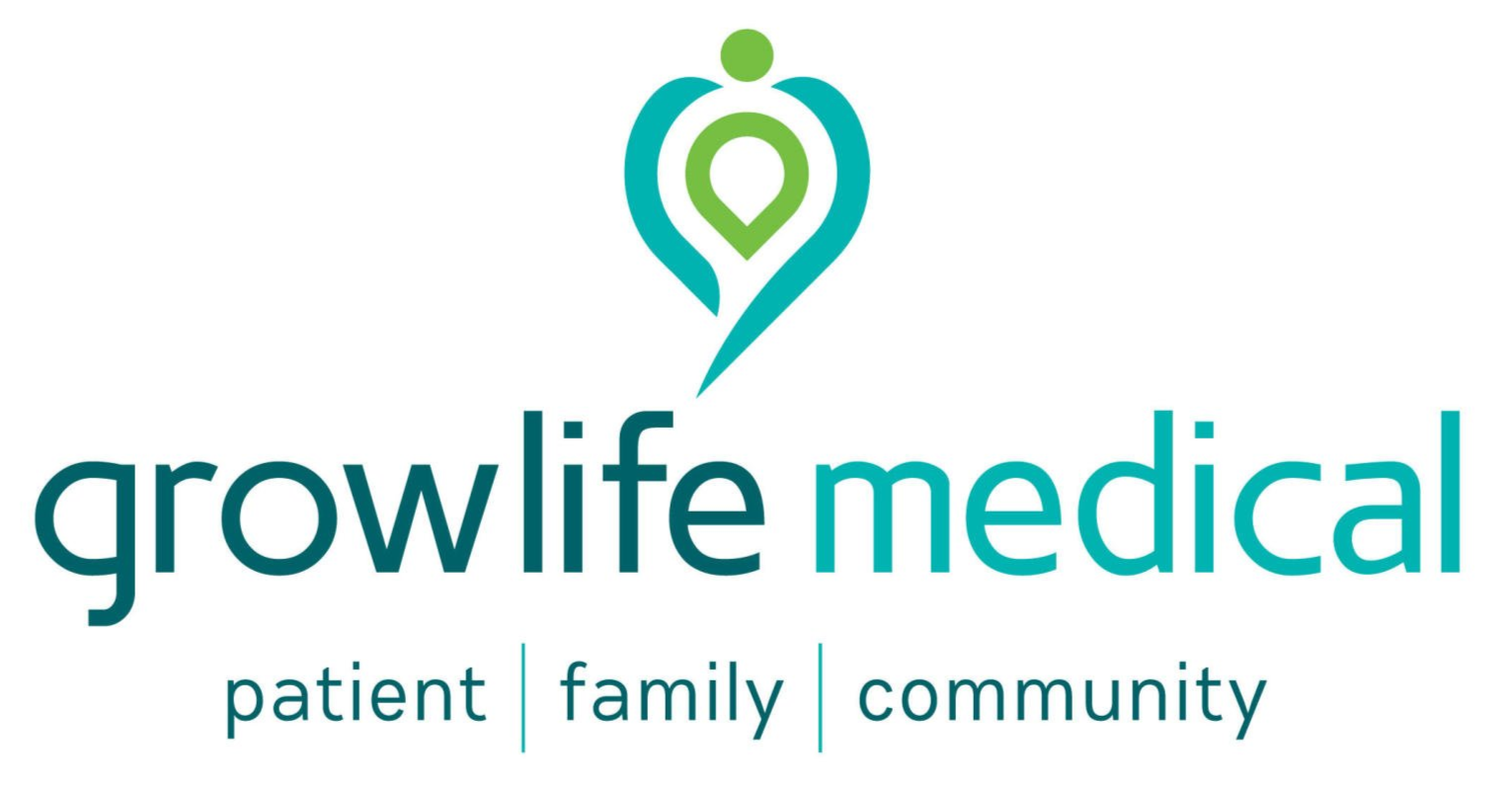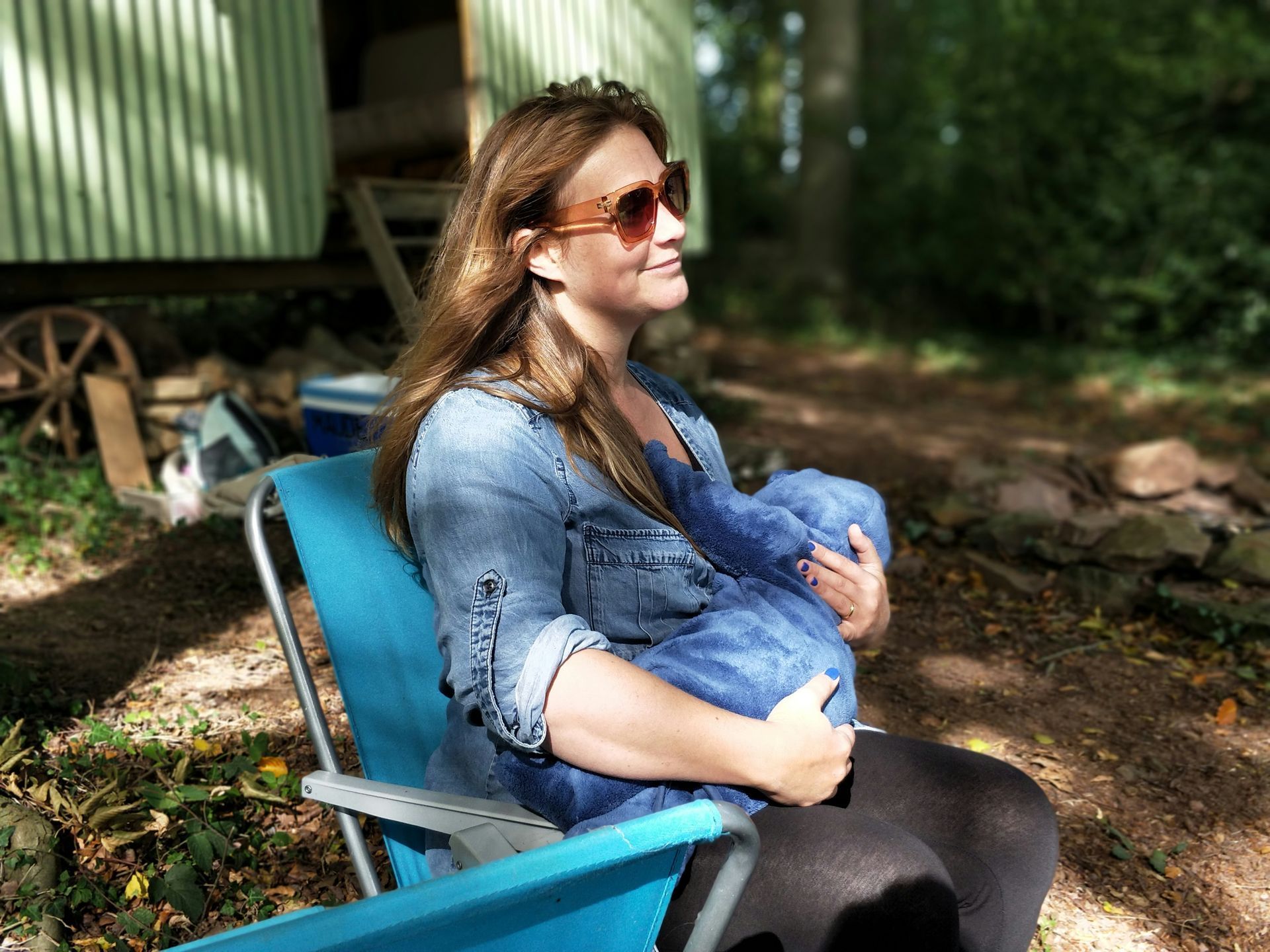Benefits of Breastfeeding
In families who are able to do so, breastfeeding has a myriad of benefits. Babies were born to breastfeed, and breastfeeding is the biological norm for mothers and babies. There are literally thousands of studies comparing breastfeeding with man-made substitutes. The results show striking differences and the benefits of breastfeeding.
During the first year of life babies fed non-human milk have a higher incidence of:
- Respiratory disease, including pneumonia and bronchitis
- Diarrhoea and other digestive illnesses
- Ear infections (up to 4 times higher)
- Urinary tract infections
- Meningitis
- SIDS
Grow Medical looks at the advantages of breastfeeding, the role of colostrum, how to breastfed, how long to breastfeed
and breastfeeding support.
Breast Milk
Babies who do not receive human milk are sick more often, have more serious illnesses, are hospitalised more often and for longer. Breast milk plays a vital role in a baby's development.
Adults who were formula fed as infants have a higher incidence of:
- Allergy
- Asthma
- Crohn’s disease
- Diabetes 1 and 2
- Hodgkin’s Disease
- Childhood leukaemia
- Coeliac disease
- Childhood cancers
- Breast cancer
- Obesity
The more we learn, the clearer it is becoming, that for a baby’s immune system to be fully activated after birth, human milk's living antibodies are needed for at least the first 12 months. Breastmilk plays a major role in strengthening a baby’s immune system and normal digestive health.
Colostrum
The first milk, the colostrum, creates the normal environment in baby’s digestive system by encouraging the growth of the good bacteria (bifidus flora). This good bacteria is responsible for the mild odour of a breastfeeding baby’s stools. A normal gut environment discourages the growth of harmful bacteria and helps baby’s immune system develop properly.
Health benefits for mum include a lower incidence of Postpartum Haemorrhage, Osteoporosis, Cardiovascular disease, Breast Uterine and Ovarian cancer.
Advantages of Breastfeeding
Some of the advantages of breastfeeding are:
- Breast milk is completely safe for newborns and it’s easy for them to digest.
- Breast milk provides babies with all the nutrition they need in their first six months of life.
- When your baby needs to be fed, breast milk is ready and the temperature is always right.
- Breast milk supports your baby’s immune system. As a result, your baby will be less likely to get infections.
- Breastfed babies are less likely to develop allergies and other health conditions.
- Overall, breastfed babies tend to grow and develop better.
- For mothers, breastfeeding is cost-free and breast milk requires no preparation time.
- Breastfeeding may help mothers and babies to develop a closer bond.
Did you know?
We are only just beginning to understand breastmilk. For example, if you are sick, your body produces more immune cells and molecules which appear in your breastmilk. But did you know that your breastmilk contains more immune blood cells and immunoactive molecules even when your baby is sick and you aren't?
Researchers are still trying to understand how this process occurs.
How to Breastfeed?
Don’t be concerned if it takes some time for you and your baby to get used to breastfeeding – many mothers and babies struggle at first with how to breastfeed.
There are several positions for breastfeeding a baby. Just be sure you consider the following:
- Comfort: get comfortable before feeding. Cushions and pillows may help. Make sure your arms and shoulders are relaxed.
- Straight line: the baby’s head and body should form a straight line so that the breast milk can be easily swallowed.
- Close hold: your baby should be facing your breast. Support your newborn’s back, shoulders and neck so that they can tip their head back to swallow your milk more easily.
- Don’t hold the back of your baby’s head: your baby should be free to tilt their head back so that your nipple is in the right position in the baby’s mouth.
- Baby to breast: draw your baby to your breast – and not vice versa – this encourages better attachment.
- Nose to nipple: position your baby so that their nose is level with your nipple. This will ensure they fully open their mouth and attach well.
Always get help from a midwife or lactation consultant
if you are experiencing difficulties with breastfeeding.
How Long to Breastfeed?
The consensus on how long to breastfeed,
supported by the World Health Organisation, is that babies should be breastfed exclusively for six months, and continue to breastfeed to age two or beyond whilst eating a full range of food.
We understand that all mothers, babies and life circumstances are different and how long you should breastfeed your baby depends on your personal circumstances. If you are finding that you baby is having problems with growth, breastfeeding alongside bottle feeding provides benefits beyond bottle feeding alone. While six months of exclusive breastfeeding is the gold standard, even a few days of breastfeeding will have flow-on benefits to your baby. A month of breastfeeding is even better, and continuing beyond 6 months will give your baby many health benefits throughout life.
Whatever your intentions, or the difficulties you face, we are here to work with you to optimise you and your baby's physical and mental health.
Breastfeeding Support
Childbirth alone is an intense experience for many women. Nourishing your baby is just one aspect of being a parent. Breastfeeding can bring up a mixture of emotions from terror to excitement to sheer frustration. The important thing to remember is that good breastfeeding support is available.
A midwife and/or lactation consultant
who can visit you at home can make a world of difference. Breastfeeding is a skill and it may take you and your baby time to learn how to do it.
The Australian Breastfeeding Association (ABA)
runs the National Breastfeeding Helpline 1800 mum 2 mum (1800 686 268). The Breastfeeding Helpline is available 24 hours a day, 7 days a week. It is staffed by trained, volunteer counsellors who answer calls on a roster system in their own homes.
Lactation Consultation
Sam Foster offers a holistic and empowering approach to breastfeeding support. Sam can provide education, support and assistance in the comfort of your own home, at one of our clinics, or via telehealth.
Book an appointment with Sonja Morgan who's expertise includes contraception, antenatal and postnatal care of mothers, as well as care for newborns.
Book a consultation with Growlife Medical today.
Other Articles On Breastfeeding

Returning to exercise after having a baby can be daunting, and for many women, they are unsure of where to start or where to seek advice. Like so many other aspects of parenthood, there isn’t a simple rule. There are, however, some fantastic guidelines we can follow to help ensure a safe return to exercise and every day activities. The evidence directs us towards low impact, controlled activity in the first 6 weeks where we are aiming to maximise natural recovery and facilitate healing and gentle strengthening of the pelvic floor and abdominal muscles. Growlife Medical are experienced in caring for you after a pregnancy. P lease contact us today for advice.










